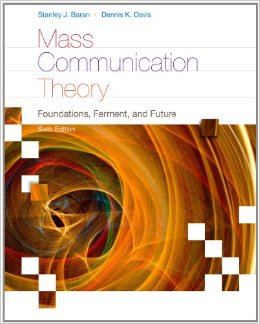Mass Communication Theory Foundations, Ferment, and Future Review of Chaper 1: DEFINING AND REDEFINING MASS COMMUNICATION When an organization (Source) employs a technology as a medium to communicate with a large audience, mass communication is said to have occurred. SCIENCE AND HUMAN BEHAVIOR Implementation of the scientific method is difficult for those studying the social world for four reasons: Most of the significant and interesting forms of human behavior are quite difficult to measure. How do we measure something like civic duty? Should we count the incidence of voting? Maybe a person’s decision not to vote is her personal expression of that duty. Try something a little easier, like measuring aggression in a television violence study. Can aggression be measured by counting how many times a child hits a rubber doll? Is gossiping about a neighbor an aggressive act? How do we measure an attitude (a predisposition to do something […]
EVALUATING THEORY
EVALUATING THEORY French philosopher André Gide wrote, “No theory is good unless it permits, not rest, but the greatest work. No theory is good except on condition that one uses it to go on beyond” (quoted in Andrews, Biggs, and Seidel, 1996, p. 66). In other words, good theory pushes, advances, improves the social world. There are some specific ways, however, to judge the value of the many theories we will study in this book. When evaluating postpositivist theory, we need to ask these questions: 1. How well does it explain the event, behavior, or relationship of interest? 2. How well does it predict future events, behaviors, or relationships? 3. How testable is it? In other words, is it specific enough in its assertions that it can be systematically supported or rejected based on empirical observation? 4. How parsimonious is it? In other words, is it the simplest explanation possible […]
